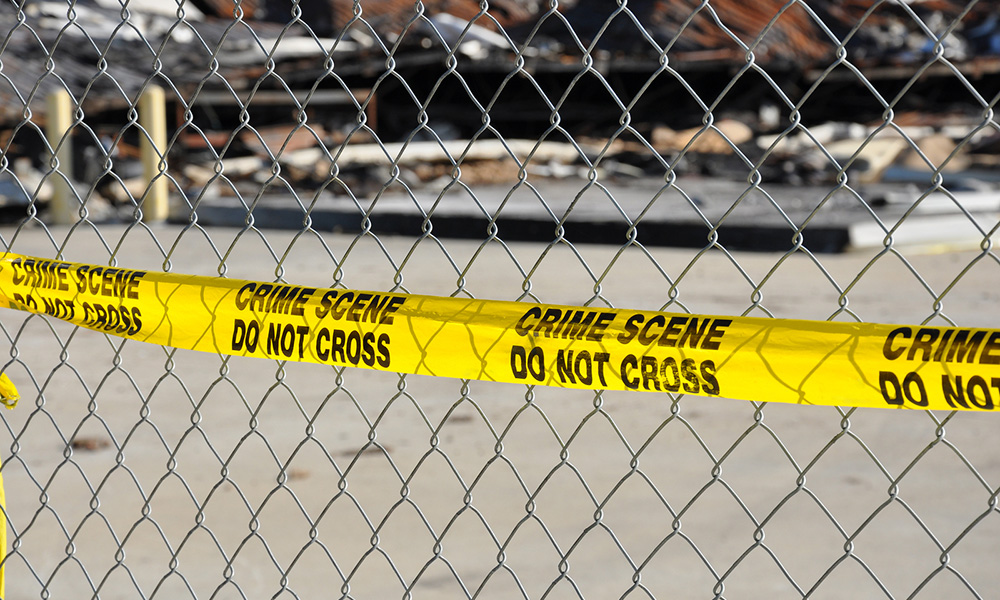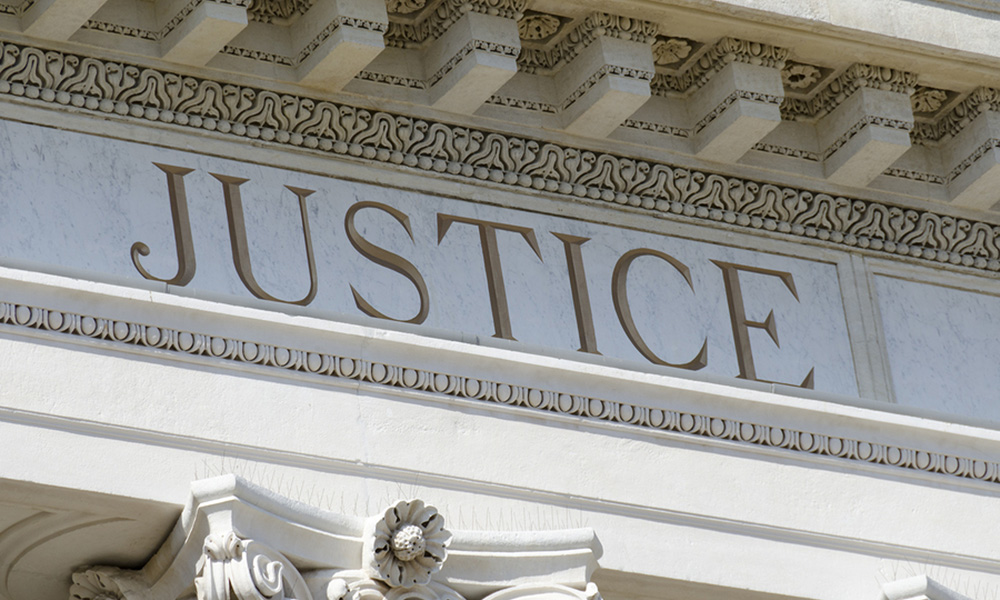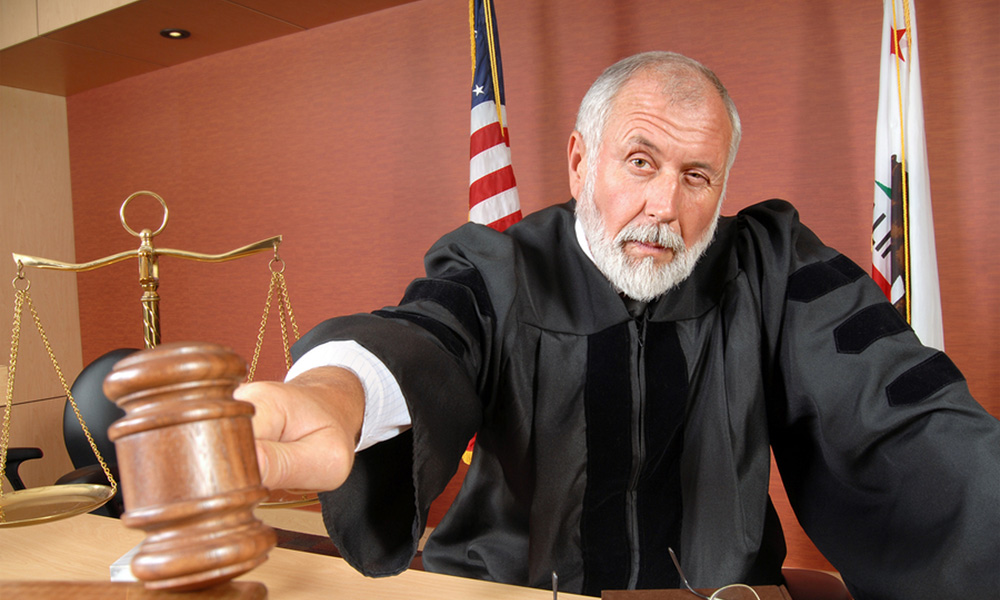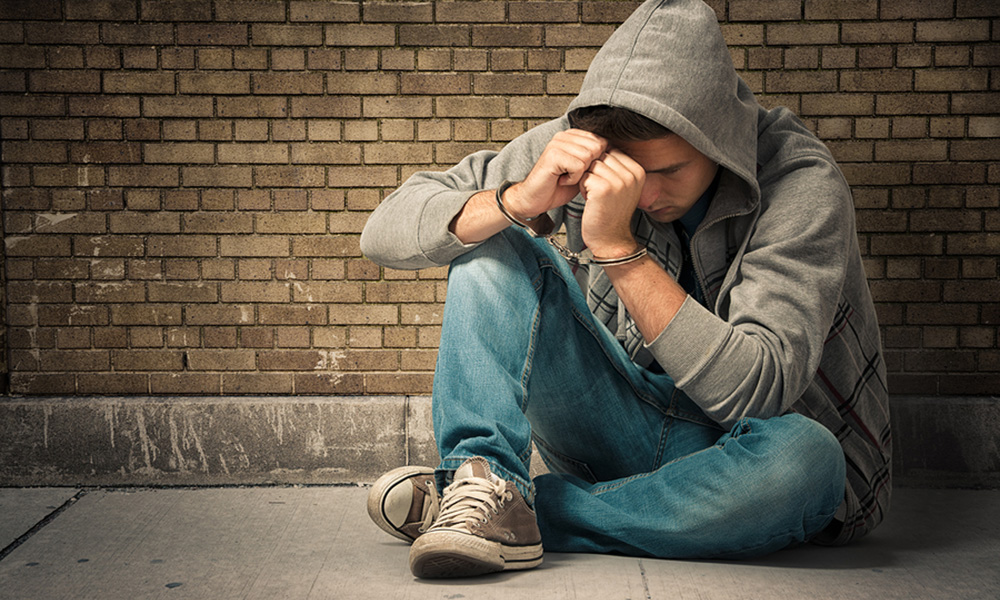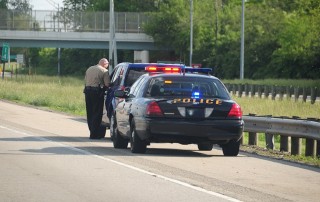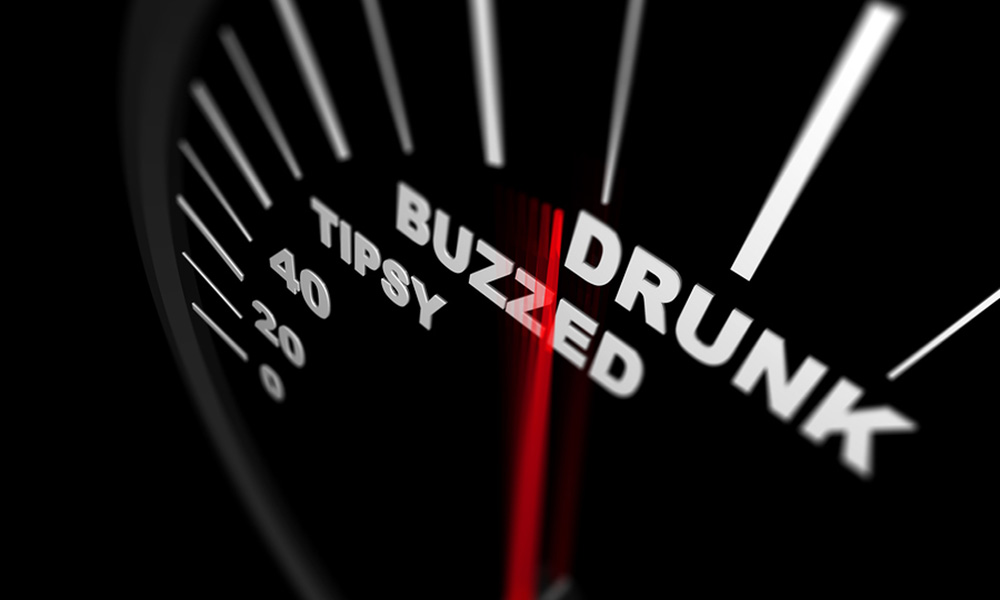As more of us use social media, the police and prosecutors are joining us and sometimes even creating false identities or fictitious accounts to gather intelligence or evidence for their criminal investigations. In fact, more than 80 percent of police detectives have used evidence obtained through social media in criminal investigations, and their activities are turning up in a number of criminal cases. If you are charged with a crime on the basis of evidence gathered online anywhere in or near New York City or Long Island, get legal help immediately and contact an experienced Long Island criminal defense attorney.
The terms of use for Facebook ban law enforcement agents from impersonating others, with or without consent, however that does not prevent law enforcement from using social media to their advantage. Because of this, it’s important for you to be aware of what you may find online. These law enforcement officers create fake profiles using a random profile picture that they can download online. These accounts are used to lure suspects into a false sense of security and get them talking to collect evidence against them. Police officers have been able to use social media to lure child predators by posing as potential victims and luring them into an explicit conversation. These predators believe they are talking to a child, but find out that it is actually a police officer when they hear a knock on their door.
However, law enforcement officers do not have to impersonate people to get the information that they need. In some cases, information posted on Facebook, Twitter, YouTube, and other sites has been key evidence in the conviction of criminal suspects. In the New York City area, if you are charged with a felony or misdemeanor on the basis of something that was posted online, get skilled legal help and call an experienced Long Island criminal defense attorney immediately.
During a criminal investigation, the police can use social media to confirm connections between suspects, confirm or deny alibis, and discover incriminating statements, pictures, and videos. It’s hard for many people to understand, but nothing that is posted online is ever really private (in spite of the so-called “privacy settings”), and nothing can ever really be “deleted.” Virtually everything we do online is recorded somewhere. If you’ve committed a crime and left any incriminating evidence online, law enforcement will probably find it. There’s even special software designed to assist the police in their online investigations.
For example, there have been several cases of police tracking down drug dealers by watching where they say they are on their Facebook pages. As soon as the dealer posted information on his whereabouts or used the Facebook check-in feature, the police would follow and watch to see if any illegal drug transactions were taking place.
Police officers are also using social media to find out the names of suspects caught on camera. For example, it is common to log on to Facebook these days and see your local police station put out video or still photos of a suspect asking for the public’s help with identification. This has proven to be a very effective way for law enforcement officers to obtain the information that they seek in a legal manner, and is especially useful when it comes to armed robberies or burglaries where the property has a security camera on site.
The wisest thing to assume is that everything you see or do online can be seen and can be used against you. If you’ve been charged with a crime or you’re under criminal investigation, the safest course of action is to refrain entirely from using social media and speak with a good criminal defense lawyer. A skilled criminal defense attorney can also develop an effective defense strategy, line up witnesses and evidence on your behalf, and fight aggressively for the justice you deserve. He or she may also suggest that you keep a very low profile – or no profile at all – on social media during your case. Declaring yourself innocent on Facebook does not help your case.
You should always use social media with caution and pretend that everything you post can be seen by everyone else, regardless of how you have adjusted your privacy settings. Never accept friend requests from someone that you do not know, even if that person has mutual friends with you. If someone engages in a conversation with you, don’t give out any incriminating or personal information in case you are being investigated.
If you have already been arrested for a crime, these rules still apply to you. Anything that you say on social media can and will be used against so–so watch what you say. Do not talk about the case or the charges against you with anyone else, but especially not on social media for the world to see. Even if you are declaring your innocence or fighting back against the allegations, this will not help your case. Talk to your lawyer about whether it is wise for you to use social media networks at all during your case. Your defense lawyer may advise you to stay off of these websites to avoid getting into trouble until your case has been resolved. Silence on social media is golden, especially if you are being charged with a crime.
Hire A Long Island Criminal Defense Attorney
If you’re accused of a crime, and the police violated your rights in order to gather evidence, it’s possible in some cases that the charge might be dropped or that the evidence in question may be suppressed. In cases where the law isn’t precise or up-to-date regarding online technology, you’ll need a lawyer with considerable experience in criminal defense and abundant knowledge of current legal trends and the most recent court rulings. If you’re charged with any crime on Long Island or in the New York City area, get the knowledgeable and trustworthy legal help you need by contacting an experienced Long Island criminal defense attorney as quickly as possible.








